A Lap Only Fits One
Through her personal memoir, awarded the Regional Scholastic Gold Key for 2022, Bella Tilford reveals the untold complexities of being the sibling of a child with a genetic illness.
August 11th, 2012
Our day at the fair was coming to a close. My family–their movements slowed and eyes half-lidded–seemed to have fallen victim to the same exhaustion that was washing over the crowd. For me, however, being at the fair near the end of the day, as the sky’s hue darkened and parents packed up their bags, scolding whining toddlers who wanted to stay for “just one more ride,” was the most magical time of all. The warm summer air cools, loud chatter quiets, and everything just seems to slow.
But my absolute favorite part of the fair during this time was the Ferris wheel. I had ridden it for the first time just last year with my sister Elli and fell in love almost immediately. I loved how its neon lights left bright reflections on the ground, covering the fair with a hazy glow. I loved how when I reached the top of the wheel that night and the cool breeze hit my face, the commotion of the day seemed to blow right off. I loved how it was portrayed in all the movies I grew up watching, as a sweet place, a place where magical moments happened. And how my ride with Elli only proved that it all wasn’t just some movie trope.
Now, as I found myself near the wheel again, I felt an urge to just stand in front of it, stare up in awe at its overbearing frame, and imagine it being built. “How much work this must have taken. How rewarding it must have been when it was done.” That’s what I was thinking, when my dad walked over to me, breaking me out of my haze.
“You ready to pack up?” he asked. I grabbed his arm, as he turned away from me, placing our folded park map into the side of his backpack.
“Can we pretty please ride the Ferris wheel? ” I asked.
He sympathetically placed his hand over my own, covering up the small butterfly that had been painted on just five minutes before, “Well, I think we’re all pretty tired, B. Maybe next time.” A slight frown formed on my face and he pulled his hand away, the butterfly’s beautiful blue and purple spotted wings now reduced to two unrecognizable smears.
“Please,” I whined. “Just one ride. Really. That’s all. And then I swear I’ll be good for the rest of my life.” I looked expectantly between my mom and dad. “Well. I mean it’s probably fine. I don’t see any harm in one more ride,” my mom interjected, a slight smile creeping across her face. I flashed a bright grin, in response. “Okay, yay! Thank you, thank you, thank you. Let’s go, Elli,” I said, pulling onto my sister’s arm. But as I did, I was surprised by the tension I felt on the other side. She stood still. My eyes followed her straightened arm, up to her face, but rather than seeing her joyful eyes flashing back to meet mine, her head was downturned, staring at her sneakers, as she scraped them on the ground.
The air shifted, a slight breeze blowing her fly-away brown hair back, uncovering her forehead, tensed with a look of pain. I hesitantly bumped into her side, hoping to pull her focus towards me. “Elli?” I asked. She slowly looked up at me, her green eyes dull.
“I just want to go home. I feel sick.”
~~~
Loads of kids grow up in an environment of winter colds and summer allergies. Parents anticipate that. They stock their bathrooms with cough medicine and nasal sprays, save days off of work, or dog-ear the page in their cookbook with their mother’s famous, healing, chicken soup recipe. I was only seven years old when I truly realized how much weight the words “I feel sick” could hold.
I didn’t get to ride the Ferris wheel that night. Rather than a refreshing breeze on my skin and joyous laughter in my ears, I rode home with my family in silence, the heavy air of the car weighing me down. When we got home, Elli and I split, her immediately lying on the couch and me going up to bed. I can’t remember how long she stayed downstairs that night, all I remember once she came up to sleep is the chalky scent of Pepto Bismol on her breath and her broken silent sobs that kept me up through the night.
The night bled into morning, the only indicator of a changed day being the sunlight rushing into our shared room. Otherwise, things were the same. Her nausea remained. And as summer turned to fall, and fall to winter, the days began darkening and her symptoms got worse. There were barely any nights of hers that weren’t spent within the four bathroom walls, her pale, sickly face reflected back to her through toilet water. So, I began seeing less and less of her than ever before.
It was becoming clear that her sickness from that day at the fair was not from sugary fair food or vomit-inducing high-speed roller coasters; but what it was from, nobody could be completely sure. My parents’ lives, especially that of my mom’s, was completely overtaken. Wanting to focus all her time on healing Elli, she quit her job. Bits of scrap paper, with scribbled numbers and hospital names, sat by her now always-open computer, its tabs full of medical websites and recipes advertised as “detoxing” and “perfect for the sensitive stomach.” Her calendar no longer bore notes in black pen to mark meetings, but rather doctor’s appointments. My dad was always busy as well. Now that he was the only salary in the house he spent his days, cooped up in his office, working.
So, I was left alone. During the days I would sit in my room, reading, immersing myself in fantasy lands where the good guys always won. And at nights, I would tuck myself in. If there was something I needed to come to my parents for, I kept it short. Made it smaller than it may have been. Elli flooded their minds at all times and I refused to be the drop that made the glass overflow.
Those first few months of Elli being sick stand as huge pillars in my mind, every detail fossilized in stone. I remember learning a couple of years ago that memories associated with strong emotions stick in your mind the longest. It made sense to me then why these memories held such a permanent state in my mind, considering how emotionally charged this period of time was. But now, I think back and wonder if I purposefully paid more attention. If I wanted to ensure that I remembered this time in perfect detail, for I worried that soon I would be pushed so far to the depths of my family’s minds, that I would be the only one who remembered that I was there in that house too.
However, no matter how hard I tried to create full memories that I could reminisce on later, I was able only to gather incomplete images; the view of a thin frame hunched over the toilet, the smell of vomit from beneath the bathroom door, the sound of my mom’s comforting humming coaxing Elli to sleep. Only shadows of a person’s existence. I missed the joyful girl, face flushed with youth, who sat with me on my very first Ferris wheel ride, mouth opened wide and head tipped back with joyful laughter that filled up our small carriage. Could I even make her laugh like that now? Does she even have a laugh like that anymore?
~~~
November 26th, 2015
My hand hovers over the bathroom doorknob. The window to my left is slightly open, letting in a cool breeze that blows the drapes back and forth softly and chills my bare feet on the hardwood floor. It’s the night of Thanksgiving. We’ve just gotten back from my mamaw’s house and Elli over-ate, which in her case, means two small pieces of turkey. She’s been in the bathroom for nearly three hours now.
I open my mouth about to speak, to try to comfort her, and then immediately close it again, tensing, as I hear the toilet seat being swung upwards and her throwing up the last of her Thanksgiving dinner.
I know I should at least ask if there’s anything I could do. Maybe I could grab her some water or at the very least, distract her. But, I’m too nervous to walk in and see the scene that I know will be waiting for me. One full of pain, weakness, and defeat. A scene I’ve been avoiding seeing at all for the past three years. Even if it means I’m never there for her when she needs me most.
It’s so strange to me how much can change in the span of a few years. Back when I was younger, even near the beginning of her sickness, a turn of this knob was such a thoughtless act. One simple turn and I could’ve been kneeling on the bathroom floor beside her, instead of standing right outside, just listening to her suffer. But, now one simple door isn’t the only thing separating my sister and I. I move my hand away from the doorknob and head to my bedroom, leaving her sitting alone on the cold bathroom tile.
As I walk into my room, I notice the book I was reading earlier laying open on the floor. I pick it up, get on my bed, and begin to read.
How could I have been so foolish as to convince myself that these stories could be real. That maybe, just maybe, I could be as brave as the protagonist in my book. Here I am too helpless to turn a stupid doorknob. There’s no such thing as healing fairies or superheros that save you from a burning building. In this life, there’s only me, my parents, Elli, and her sickness. A mysterious sickness, one that no doctor can save her from. A greedy sickness, one that takes all my family’s attention and time. An everlasting sickness, one whose effects are nowhere near limited to missing a singular Ferris wheel ride.
~~~
Shortly after that night, Elli finally got a diagnosis: Hypermobile Ehlers Danlos Syndrome, a genetic disorder of the connective tissues supporting the skin, bones, blood vessels, and many other organs, caused by abnormalities in the production of collagen within the body. It’s difficult to quantify how many children suffer from this diagnosis for so many go undiagnosed, due to the symptoms overlapping with many other more common diagnoses. Some of the more defining symptoms include chronic muscle and bone pain, elasticity of the skin, hypermobility of the joints, and gastrointestinal issues (such as nausea and vomiting. There are currently 13 known subtypes, hypermobile being generally known as the least severe.
Patients with the most severe type, vascular EDS, are at risk for organ failure, severe bleeding, and sudden death- so she was considered lucky.
When she first got diagnosed, all I heard over and over was what a blessing this diagnosis was, how grateful my family must be that it wasn’t worse. I was baffled. How could so many people so blithely make this disease out to be some sort of stroke of luck? They didn’t know anything about how bad it was. They didn’t see all Elli had lost … and all I had lost too.
At the same time, they were right. With a diagnosis, she could finally begin the path to healing. It truly was a blessing. We made a plan for treatment and slowly things started improving. She would eat dinner after six p.m. and not feel sick. At lacrosse practices, she could run without pain. She even went to the mall and ate an Auntie Anne’s pretzel with no nausea (which, to be honest, still shocks me to this day, because those greasy things even make me feel a bit off). The victories were small, insignificant out of context, but they were there.
It took another full two years for Elli to recover.
~~~
August 15, 2021
The sun dipped below the trees, leaving only the dark blue hues of twilight in its place. I sit on my mamaw’s back porch swing, the slight creak of the hinges and subdued buzzing of cicadas, providing background music while my mom mindlessly lists out things Elli may have forgotten to pack. Tomorrow she’ll be moving to college.
I listen to the conversation absentmindedly as my eyes scan the line of a large crack down the aged wooden porch, ornamented by wilted flower petals and smudges of dirt.
“Toothpaste?”
“Yes.”
“Socks?”
“Yes.”
“Phone charger?”
“I’ll pack that in the morning.”
“Hairbrush?”
Suddenly Elli went silent.
“Your hairbrush?” My mom questions again.
I pull my sight away from the worn porch onto Elli’s face, following the gaze of her downturned eyes, all the way to her hands, which lay cupped in her lap.
“Bella, look,” she whispers gleefully, breaking the silence. She brings her cupped hands up to my face and I lean in, staring in anticipation. As she slowly unclasps them, a slight golden light glows from inside. A little firefly.
I think back to when Elli and I were especially young, how we used to spend our nights running through the grass catching as many of them as possible, before we would have to be called in for bed. We haven’t done that for a while.
“I miss when we used to catch fireflies,” I say, reminiscing. “Maybe if you weren’t going to college, we could start again.” I pause. “I’m really going to miss you, you know.”
“Don’t get all sappy on me now, I won’t be gone long. I promise.” Though her smile has faded from her face, I can still see the remnants of it in her deep green eyes. “And I’ll always be here. Just a call away.”
The firefly flashes between us again, a pleasing golden light in the darkness. Elli guides it to the edge of her fingers and taps it softly, smiling, satisfied as it flies off. “It’s getting kind of chilly. I’m going to head inside,” she says.
As Elli walks away, I lay down, stretching my legs out to fill her space and place my head on my mom’s lap. She and I sit together in contented silence, both watching the firefly’s light grow smaller and smaller as it joins the twilight hues of the sky.
~~~
It’s been five months since that night on the porch. Elli is almost done with her first semester at Florida State University. She’s gone without bad symptoms for five years. Of course, there are still setbacks. Occasional pain from walking around campus or times when she has to skip out of experiences because she’s feeling too nauseated. But for the most part, she can do all the things that most girls her age can; run, go out to eat, and, most importantly, have control over her own life.
Even though she is mostly recovered, I still find myself struggling to overcome all the things I learned during the years when her sickness was at its height. I still feel pressure to be a perfect child. I still have trouble sharing my needs and how I feel without feeling like a burden. I still find myself worried that I’ll be left alone or forgotten again. But, as I’ve grown, I’ve realized that maybe I too can heal as she did. Sometimes I think back to all those years ago when I was seven, staring up at the huge glowing frame of the Ferris wheel, and think, “If they could build all of that, then maybe I too can begin to rebuild my life the way it used to be. Even if it has to be painstaking, one screw at a time.”
Donations are collected through The Publishers, duPont Manual High School's booster club for J&C. On The Record relies completely on sponsorships, advertisements, and donations to produce and distribute each issue. Please consider donating to our cause, and helping the student journalists of OTR amplify youth voices for years to come.


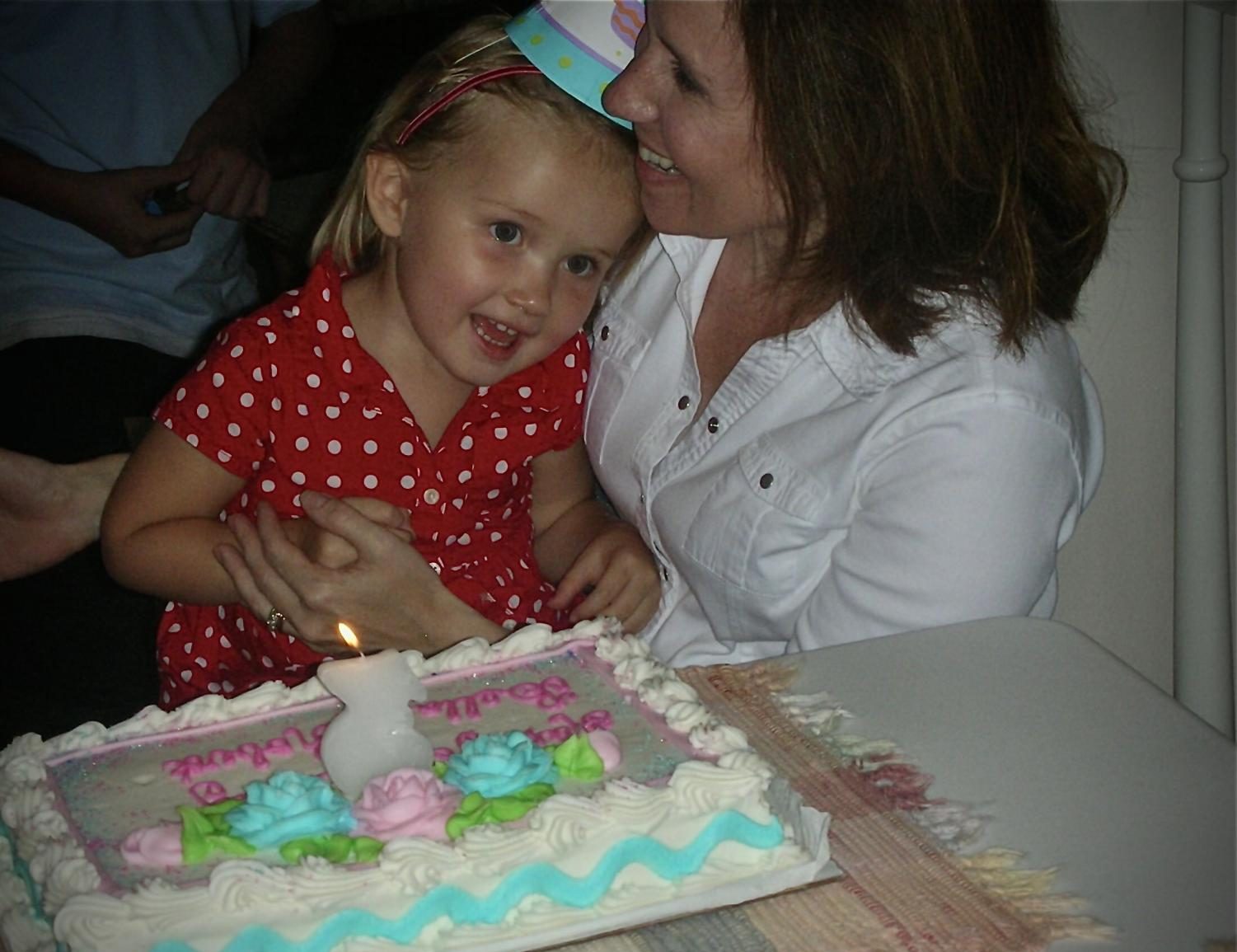

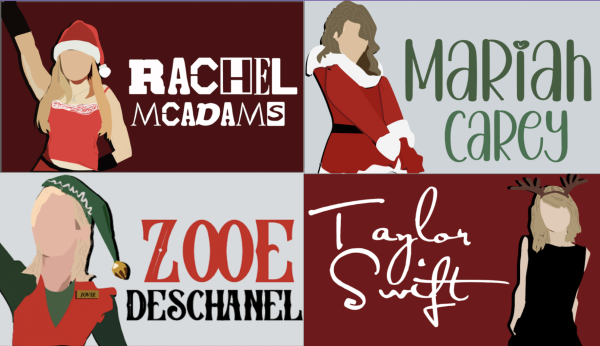
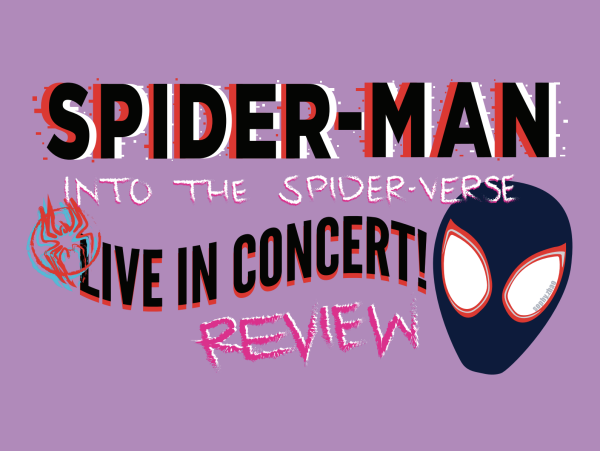
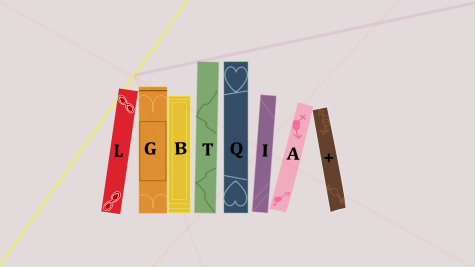
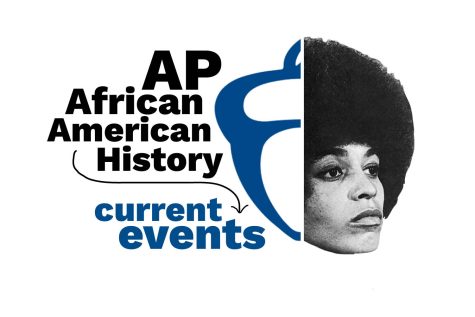

Jeff • Jul 3, 2022 at 3:09 pm
What a revealing and well-written piece about your older sister. Very impressed.
Carrie • Mar 9, 2022 at 8:22 pm
Powerful writing. Thank you for sharing this.